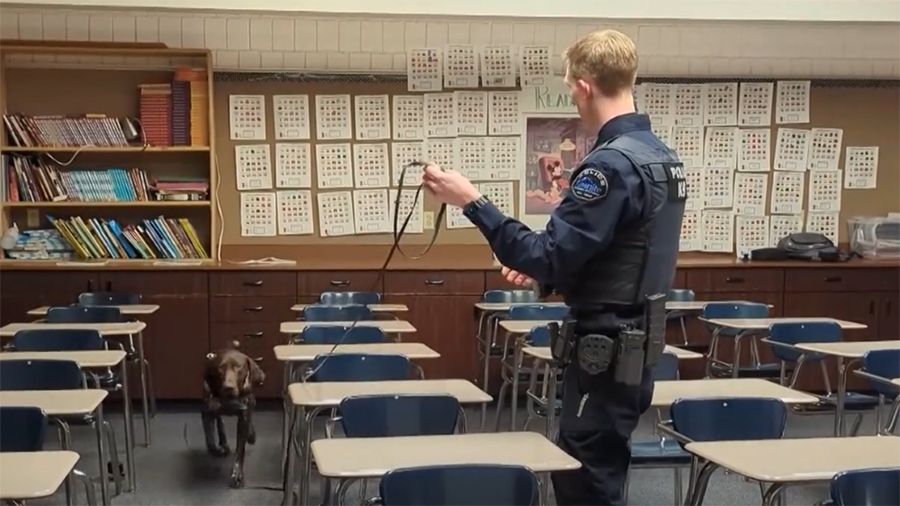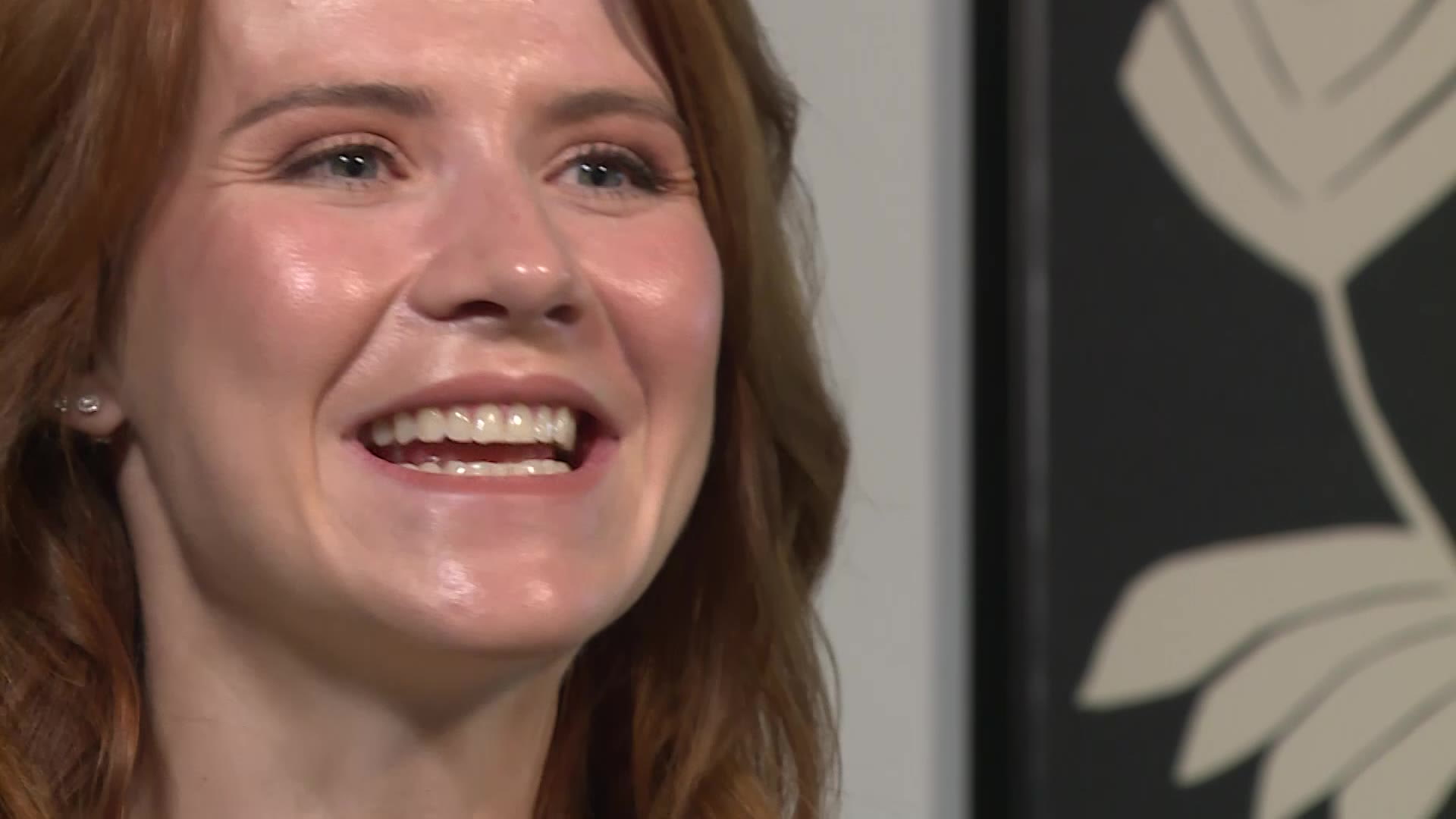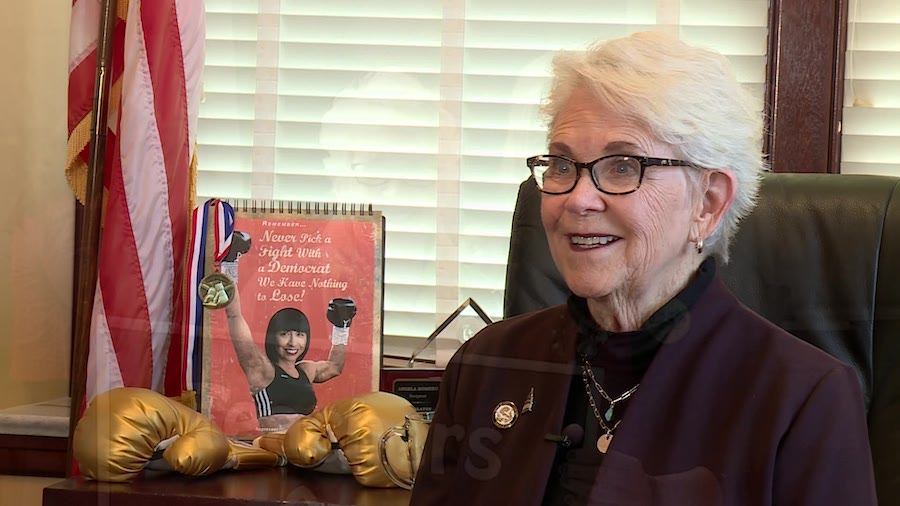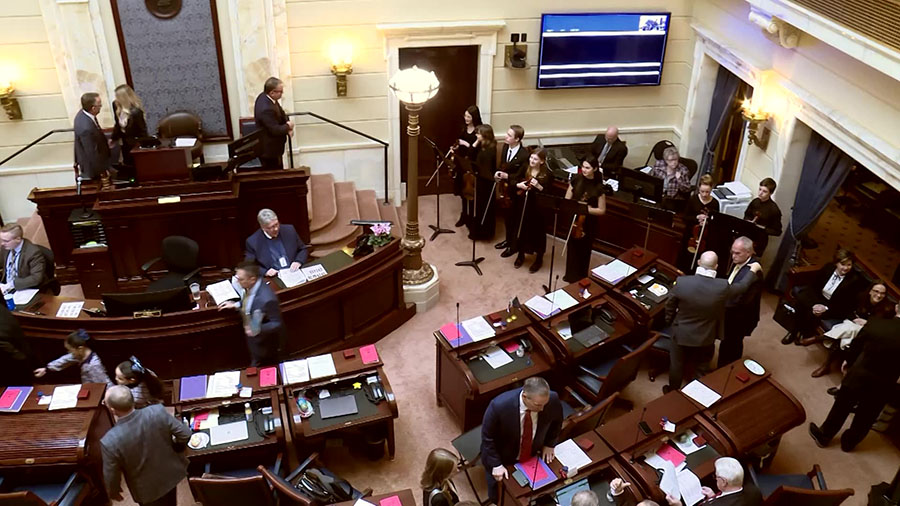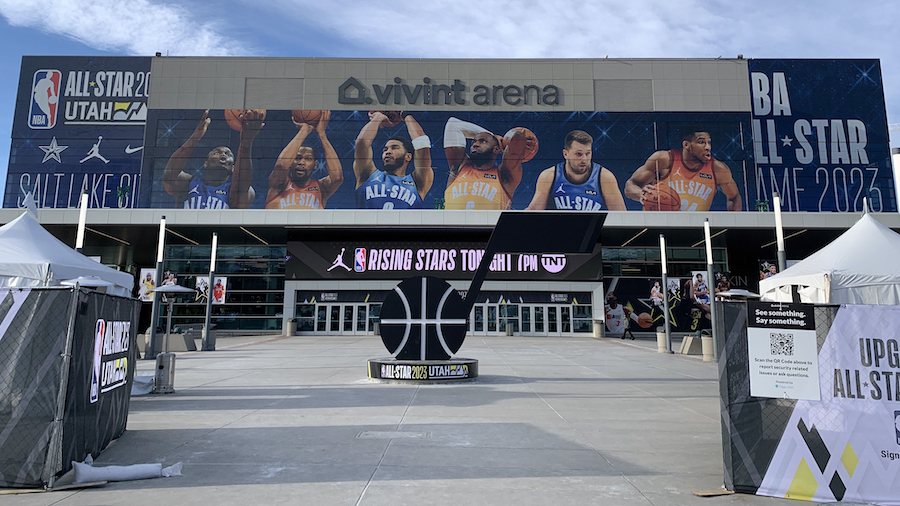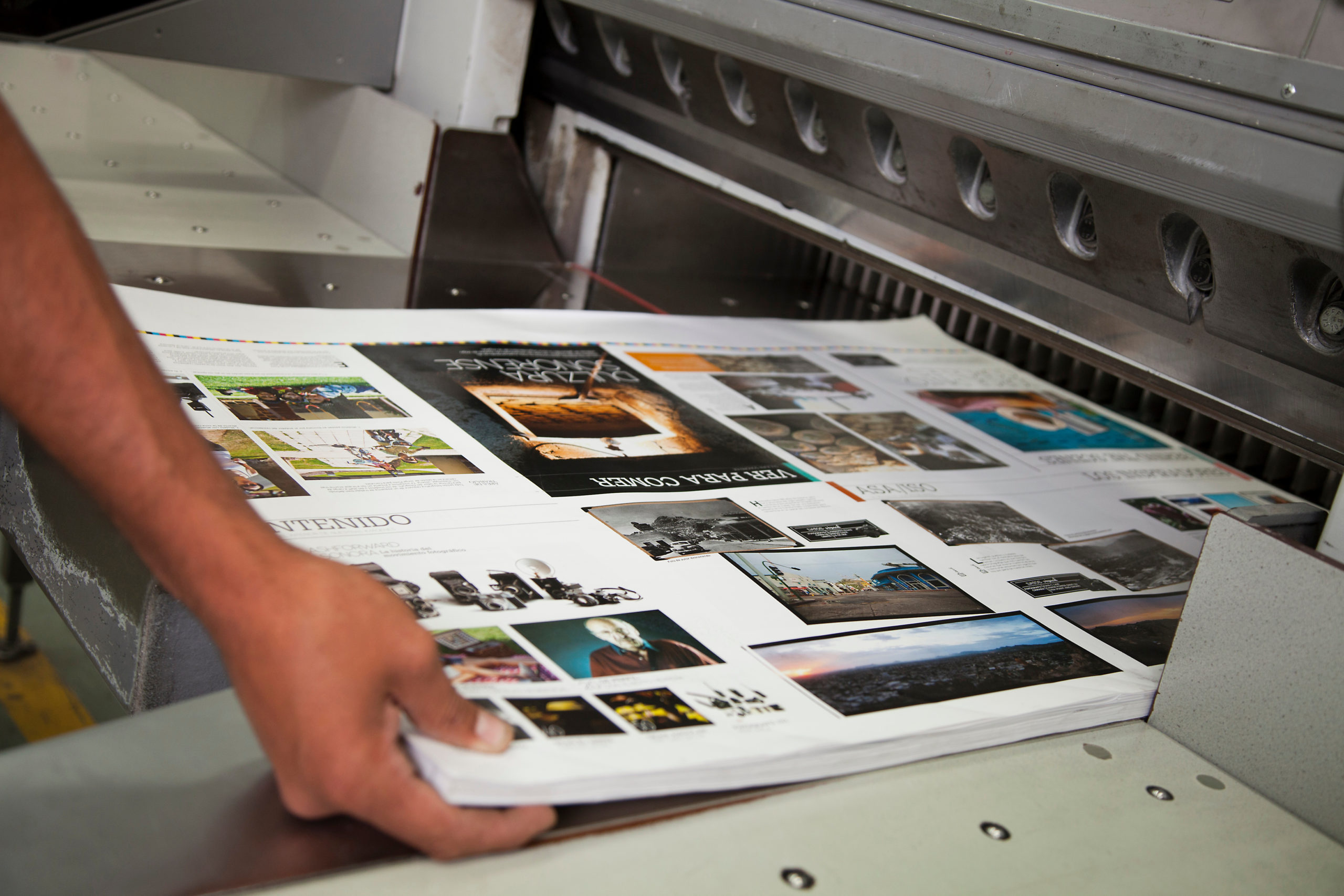KSL+
KSL+: Overwhelmed hospitals leaving non-COVID patients worried
Oct 1, 2021, 4:04 PM
Dr. Marc Harrison, Intermountain Healthcare: We are facing a dire situation.
Matt Rascon: This week on KSL+…
Dr. Marc Harrison: We have tried everything we can think of to maintain normal care – it’s not enough
Matt Rascon: Hospitals across the country–and here in Utah–are facing a crisis.
Corrine Kelley: Every week that is wasted is scary to know how much longer his body can hold out.
Matt Rascon: And non-COVID patients are often paying the price. I’m Matt Rascon and this is KSL+.
Earlier this month–news outlets reported an Alabama man died from a cardiac emergency, after his family says he was turned away from 43 hospital ICUs–because they didn’t have either the beds or the staff to take care of him.
And a veteran in Texas–who served two tours in Afghanistan died from highly treatable gallstones after his family said he waited hours for a hospital bed at a Houston VA hospital.
And the crisis is here in Utah too.
Dr. Marc Harrison: I am extremely worried that each of you listening may have a loved one involved in a car accident, a bike accident, or develop an overwhelming infection unrelated to COVID and we’re not going to be able to take care of them.
Matt Rascon: Two weeks ago, Intermountain healthcare–one of the state’s largest healthcare providers–announced it was putting a pause on all non-emergency surgeries because the organization doesn’t have the room or the staff needed to take care of people.
Dr. Marc Harrison: Our epidemic projections say that we are not even at the worst part yet. We believe we are going to need 40 more ICU beds and 70 more general medical beds in the near future.
Matt Rascon: As of this week, Intermountain is now performing outpatient procedures and taking in-patient procedures on a case by case basis, most often depending on the urgency of the procedure and the hospital’s patient census.
My colleague Brittany Tait spoke with one woman who worries the surgery delays will mean her husband misses his one perfect kidney match.
Brittney Tait: Maybe explain a little bit about what you’re going through. Because right now you’re literally up against a wall with this delay in surgeries.
Corrine Kelley: Yeah, so we found out about his kidney failure in December. So it’s been about nine months. And he was like immediately in stage five kidney failure when we found out there was no like, mourning period or anything, he just needed to start dialysis right away and, and get on the list for kidney transplants. So our life kind of fell apart for a while. And it’s been a really long process of just getting him on dialysis. And then going through the whole process of applying to get a transplant and seeing if he’s eligible. And then having all the wonderful, amazing people who applied to donate to him, see if they could donate. And they’re very, very selective, which is good about who they let donate. And so it’s been a slow process. And we, like all his brothers and sisters were taken off pretty much right away. So that was discouraging, because usually your siblings are your best option. And we have some amazing other family and friends that applied and our neighbor and best friend ended up being the one who got accepted. And we just found out in August that he made it through all of the things that asked to be eligible. They’re very strict about making sure the donor is healthy enough and that they would be okay to donate themselves because obviously, we would never want to have someone else go through something like that if they couldn’t handle it. And yeah, so he found out in August that he was approved, but he wasn’t a great match. Like he could donate a kidney but they weren’t a great match together even though they have the same blood type. And so they decided to put them on the National Kidney registry, which is a national list for everyone who needs a kidney and who can give a kidney All other information is in there. And they start the search for someone who would be a perfect match, which is like, they’re measuring antibodies and HLA types and all this crazy medical stuff I somewhat understand now and applets have you know what those are, but they measure those. And to find the perfect match, so that process, they said, would take like, it could be like a couple of weeks, to a couple of months since they put them in there. And so they put them in there last Friday, after like a month of finding out how to do it. And it was a month to like, put them in there. And so they put them in last Friday, which is really exciting. But then we got that call that it would have to be delayed. And originally, they had decided to take patients off of the registry altogether. Just because they knew that even if they got an offer, they couldn’t do the surgery right away. But um, through talking with them, and sharing our story a little bit, they, they decided to put everyone back on the registry, which is really great. But I’m just having to take it day by day and week by week of if someone finds a match if they would actually be able to do that surgery or not. Yeah,
Brittney Tait: That’s a lot. It’s a lot to digest. As a young mom, it’s a lot to take on through a pandemic, how are you holding up through all of this?
Corrine Kelley: It just depends on the day, I’ve had like, multiple emotional meltdowns. And I just have to get to a place where I feel okay, and then the next stressful thing stressful news comes, you kind of just have to reset again and reset your patience, tolerance. And keep going and yeah, my husband honestly handles it a lot better than I do. He’s really positive, which is really annoying sometimes. And just like can you just get mad, this sucks, like, says, the worst situation of our lives. And we shouldn’t have to deal with this when we’re, we’re both in our 30s and have young kids like, we never imagined we’d be dealing with this at such a young age. And so, yeah, it’s been a lot, I cry a lot. But just try to be present and take it day by day. And it’s just hard knowing that there’s still just like such this hard thing. Laying ahead of us still. Like dialysis is really hard. He has to do it every night. And you know, it’s in our bed and in our room and it’s weird and sucks. And yeah, so it’s all been a lot just to process taken and then there’s still, you know, the biggest part ahead of us of the actual transplant and all that that entails and and, yeah, him being immunocompromised in the middle of a pandemic is definitely hard in addition to.
Brittney Tait: How did you feel when you heard the announcement on Friday, or whenever it trickled down to you that it wouldn’t even be an option to move forward with the surgery. How did you react to that? What went through your mind,
Corrine Kelley: I was just really, really angry. It’s been so hard already. And the process for a live donor originally we were told would take something like two to six months which is back in January. So we’re already well past our timeframe we had in mind and we’re hoping for and then we got to a place where maybe there was a little hope and someone finally got approved and maybe this could be over. So that was really, really hard, we’ve done so much hard work to get to where we are right now. And it’s hard when something out of your control is affecting that. And it’s just scary because it’s already taken so long already. And he’s at 5% kidney function right now, which is nothing. And so every week that’s wasted, it’s just really scary to know how much longer his body can hold out. That’s really bad. screaming for a lot. And, you know, I understand the hard situation Intermountain is in. No one wants to have to make those horrible decisions. And they shouldn’t have to be made, you know, in the press conference that they gave on Saturday, on Friday, and listen to that, and, you know, they said they’d never imagined having to ration medical care in America. And that’s what’s happening. And it’s not just happening for like people who need you want plastic surgery or like you to tonsillectomy like those are things that are needed, but can wait, and but it’s happening for life threatening surgeries, and really urgent surgeries. They can’t wait. And that’s the hardest part.
Brittney Tait: That’s so hard. It’s absolutely incredible, because I’m hearing and maybe you’re hearing a similar timeline, but I’m hearing like three to four weeks that they’re going to postpone, and then at that point, reconnect and see where they can go from here. That’s a long time, especially when, like you said you were taking it day to day. So are you simply holding your breath? How are you going to get through the next three weeks?
Corrine Kelley: Yeah, well, we did talk with the director of the transplant centers today. And yesterday, she called us on a Sunday and had her story had somehow reached her. And so it was really comforting to have her reach out. And they did say that they do hope that for those that need kidney surgeries, like surgeries that have been recommended to not be postponed, but are having to be postponed. They do hope that hopefully in the next week or two, they can open it up for those surgeries is what she said, but they just don’t know.
Brittney Tait: I certainly hope so. I hope so is indeed that light opens that window open. And this is something that you where you can move forward in the next week or so how soon do you think the transplant would actually be able to happen is everything set in place where it’s, it’s ready to go if indeed, you get the green light.
Corrine Kelley: So they’re on the National Kidney registry right now and searching for they’re doing a paired exchange. And so they’ll find a perfect match for my husband and then a perfect match for his donor to give to. And so with his blood type, they estimate that search would take about two months on average, or something, it could be a couple weeks, and it just depends who’s in the registry in that time. And so it already takes time for that to happen. And with them getting placed back on the registry now that is very helpful that they can at least keep looking during this time and you know, handle the logistics of that. But if one were to be found, right now, they would not have to pass up that kidney which is heart wrenching. And so I just really hope it doesn’t come down to that.
Brittney Tait: I guess my last question and then anything else that you would like to add is what is it like? The pandemic has been so difficult on everyone in different ways, but your situation is unique and uniquely hard in the fact that you have little kids at home and then you have a husband with An unexpected, life threatening medical health problem now. And so what is it that gets you through? What is it that maybe you have been able to clean to or hope to clean to in the next couple of weeks to get through this,
Corrine Kelley: We have an amazing support system, and really great friends and neighbors and family. And his best friend is the one that’s giving his kidney to us. And so it really helps to be surrounded by amazing people. And just a lot of prayer, and distraction, honestly. Just distracting myself because it’s so hard to just sit and wait for that call. And now with this delay on top of that, to wonder if something would have been able to happen that’s now not able to, and so just have to have a lot of patience and faith that they’re doing the best they can. And they know and understand how urgent it is. And they care just as much. And hopefully, hopefully, it’ll all just work out. My husband, at the very beginning of this, he was like lots of people have trials, no one’s immune. And this is just ours. And it’s really not that bad. I’m like, it’s pretty bad, though. We have three young kids and and it’s definitely not anything I ever imagined happening to us.
Brittney Tait: Sorry, I just want to say you’ve been fantastic. I appreciate your time. Yeah,
Corrine Kelley: I don’t mean to express this story as an attack on IHC at all. I, you know, I they’re just as hard to situation as we are, and they don’t want it any more than we do. And it’s just as hard for them to have to deny medical care to people, that’s the oath they’ve taken, and they’re not being able to uphold that which. So I know that it’s a very hard, hard to call and a very hard situation they’re in and very hard decisions are having to be made. And it’s just really unfortunate that it could there’s a chance it could be avoided. And it’s really hard that I don’t know, I feel inhumane kind of saying this. I don’t know. But like decisions like this shouldn’t have to be made at all. But they are having to be made and it’s hard that priority is being given is having to be given to those who have decided not to seek available medical help. And it could be avoided when there’s people that need transplants, like my husband who have been doing everything they can to preserve their health that’s hard to stomach. People are, you know, entitled to their own decisions and their opinions. But those decisions are affecting so many other people who don’t have a choice and are at the mercy of that. And so that’s really just so we can spread awareness of how other people are being affected by the situation in ways that they can’t control is an issue that oftentimes we hear it’s presented as personal choice, right to vaccinate or to not vaccinate. But unfortunately what we’re seeing is there is a trickle down effect. And there is a big impact on the public, especially regardless of whether you have been vaccinated or you haven’t there are people who are not able to seek and receive the medical care that they need. Because of what we’re dealing with. And that’s hard. That’s really tricky. Yeah, yeah. So I don’t believe people are doing it to harm other people. That’s the situation we’re now in.
Matt Rascon: The family told us this week they are still waiting to see if they will be considered for the surgery should a match kidney become available.
Intermountain said it would delay surgeries for about three weeks–we have about a week left now–and they will reevaluate then.
That does it…I’m Matt Rascon. We’ll see you next week.

